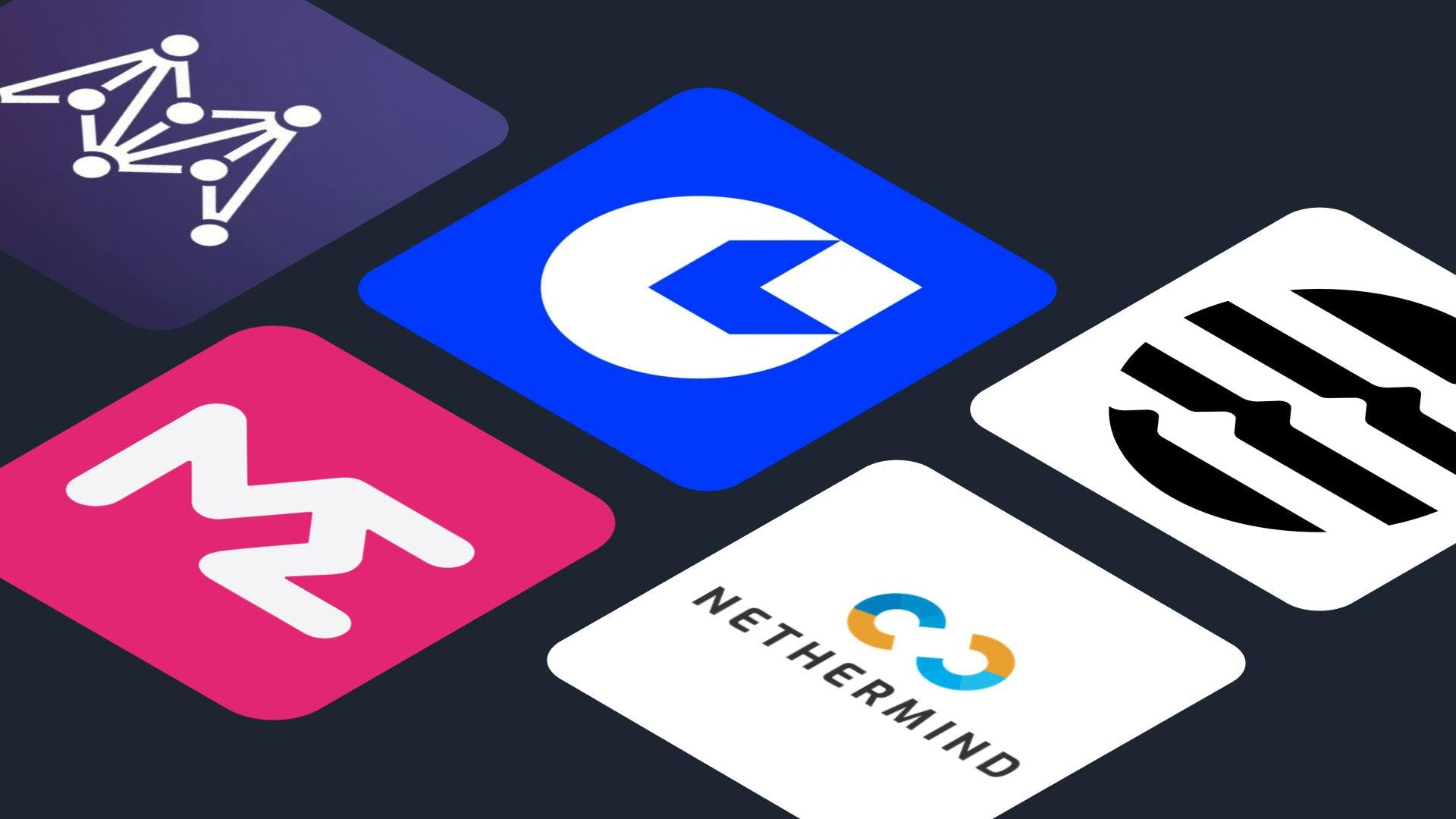Emerging AI Regulation in the Hiring Process - A Closer Look at New York and New Jersey Legislation
The integration of Artificial Intelligence (AI) in hiring processes has sparked significant legislative interest in New York and New Jersey, aiming to regulate its use and ensure fairness in employment decisions. This article delves into the specifics of the proposed bills, the broader implications for employers and the AI industry, and the potential impact on the startup ecosystem.
The Drive Towards Regulating AI in Employment
Recent proposals in New York and New Jersey seek to address the growing concerns over AI-driven tools in hiring, following the footsteps of New York City's Local Law 144. This legislation aims to curb potential biases inherent in automated employment decision tools (AEDTs), ensuring a fairer recruitment landscape.
New York's Legislative Steps
The New York Assembly introduced bill A. 9314 on February 28, 2024, focusing on AEDTs used for screening and hiring. This bill mandates a disparate impact analysis for these tools, ensuring they do not favor certain candidates over others due to bias. Unlike Local Law 144, which included advancement assessment tools, A. 9314 strictly targets hiring processes. The proposed legislation requires employers to disclose summaries of their disparate impact analyses and inform the state's Department of Labor annually, marking a significant move towards transparency.
New Jersey's Comprehensive Approach
New Jersey's legislature has introduced two bills, A. 3854 and A. 3911, broadening the scope of AI regulation in hiring. A. 3854 echoes New York's proposed bill but extends its reach to the sale of AEDTs, requiring bias audits and transparent communication with job candidates. A. 3911 specifically addresses AI-enabled video interviews, imposing requirements on employer transparency, candidate consent, and data deletion protocols.
Implications for Employers and the AI Industry
These legislative developments signal a growing scrutiny of AI tools in recruitment, underscoring the importance of bias mitigation and transparency. Employers must navigate these new legal landscapes, adapting their hiring practices to comply with upcoming regulations. For the AI industry, this represents both a challenge and an opportunity to innovate in developing unbiased, transparent AI solutions that can meet regulatory standards.
The Startup Ecosystem: Challenges and Opportunities
The proposed regulations present a unique set of challenges and opportunities for startups. On one hand, startups specializing in AI recruitment tools must ensure their products are compliant, potentially increasing operational costs and complexity. On the other hand, this regulatory environment offers a chance for startups to lead the market in ethical AI practices, attracting clients who value fairness and transparency in their hiring processes.
The Future
As New York and New Jersey take steps to regulate AI in hiring, the implications extend beyond the immediate legislative jurisdictions. These bills underscore a broader movement towards ethical AI use in employment, setting a precedent for other states and potentially influencing federal legislation. As the landscape evolves, staying abreast of these developments will be crucial for employers, AI developers, and startups alike.
For further insights into AI and technology legislation, follow this link.
Stay updated on AI-related legislative and regulatory activities across multiple jurisdictions with our ongoing coverage within our newsletter. Sign up here.


